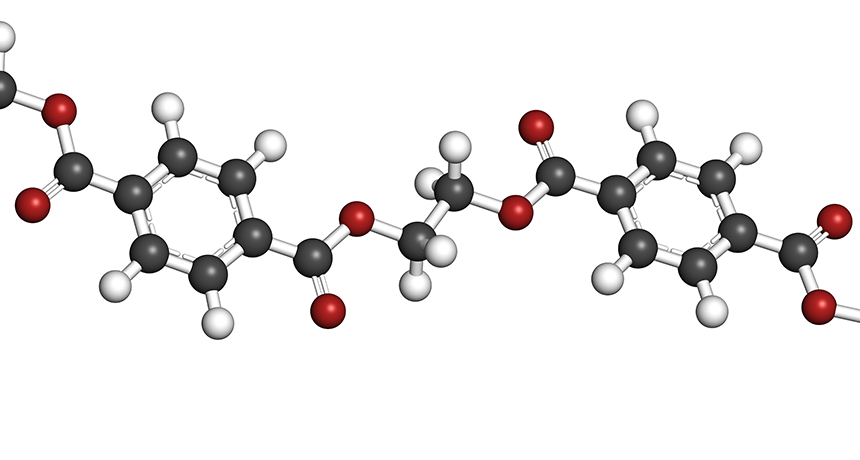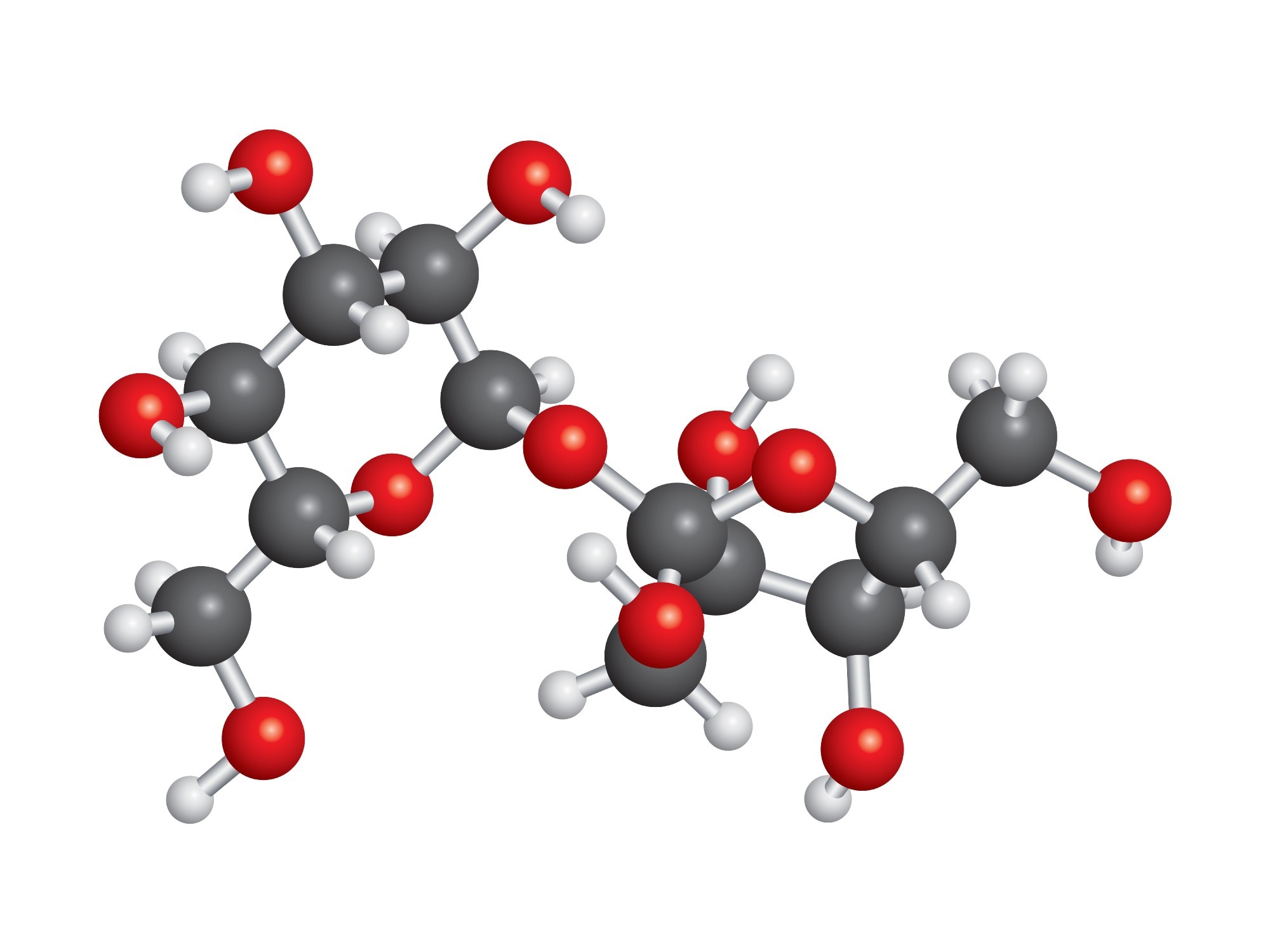Reusing Polymers: Advertising a Circular Economic Climate
Reusing Polymers: Advertising a Circular Economic Climate
Blog Article
Maximizing the Possible of Polymers: Discover the Diverse Benefits and Practical Utilizes
In the large landscape of material scientific research, polymers stand apart as functional substances that have penetrated nearly every facet of contemporary life. Their application extends different sectors, from manufacturing and construction to health care and technology. The complex benefits and functional uses polymers proceed to develop, supplying ingenious remedies to complex obstacles. By exploring just how polymers can enhance item sturdiness, drive sustainability initiatives, transform medical care services, and lead the way for future technological innovations, we can uncover a globe of opportunities waiting to be taken advantage of.
Significance of Polymers in Modern Industries
Polymers play an essential duty in modern-day industries, working as versatile materials that drive advancement and effectiveness throughout a wide variety of fields. These complex molecules, composed of duplicated subunits, have actually revolutionized industries such as automotive, aerospace, electronics, healthcare, and more. In the automotive sector, polymers have enabled the development of light-weight yet sturdy parts, boosting gas performance and total efficiency. Aerospace markets rely upon polymers for their high strength-to-weight ratio, essential for aircraft and spacecraft construction. The electronic devices sector advantages from the insulating homes of polymers, essential for producing motherboard and electronic devices (Polymers). In addition, polymers are extensively made use of in the health care market for medication shipment systems, medical gadgets, and biocompatible materials. Their flexibility, longevity, and cost-effectiveness make polymers crucial in contemporary manufacturing procedures, promoting advancements and driving progression in different industries worldwide. Welcoming the capacity of polymers is key to opening further technologies and attending to the evolving demands of today's commercial landscape.
Enhancing Item Resilience With Polymers
With a concentrate on longevity and durability, incorporating advanced polymer technologies right into item design has come to be a cornerstone of enhancing toughness in modern-day manufacturing processes. Polymers use a vast array of residential or commercial properties that add to the total longevity of products. One essential advantage is their resistance to rust, chemicals, and weathering, making them excellent for usage in numerous sectors where direct exposure to harsh conditions prevails.
Furthermore, polymers can be tailored to satisfy particular sturdiness needs, permitting suppliers to tailor items according to their planned usage and expected life expectancy. By integrating polymers right into item elements, producers can improve stamina and impact resistance, decreasing the possibility of breakage or wear over time.
Additionally, polymers are light-weight yet tough, giving longevity without including unneeded weight to items. This characteristic is especially valuable in markets such as aerospace and vehicle, where lightweight materials are crucial for improving gas efficiency and overall performance.
Sustainability Advancements Through Polymer Innovation
In the realm of modern production and item style, the innovative application of polymers is driving substantial improvements in sustainability methods. Polymer innovation plays an essential duty in improving sustainability by offering remedies that decrease ecological effect across More Bonuses different industries. One vital aspect where polymers succeed is in enabling the advancement of lightweight yet long lasting materials that add to fuel effectiveness in transportation and minimize overall energy intake. Furthermore, the recyclability and biodegradability of specific polymers further advertise sustainable methods by decreasing waste and contamination.
Furthermore, improvements in polymer modern technology have resulted in the production of bio-based and renewable polymers, obtained from all-natural sources such as plants, that use an even more lasting alternative to standard petroleum-based plastics. These environmentally friendly polymers not only assist lower dependence on fossil fuels but likewise reduce greenhouse gas exhausts during production. By integrating these ingenious polymers right into making procedures, firms can reduce their ecological impact and relocate in the direction of even more lasting techniques, lining up with worldwide initiatives to deal with environment adjustment and promote a circular economic climate.
Polymers in Health Care: Revolutionizing Medical Solutions

One of the essential areas where polymers are making significant strides remains in the growth of targeted drug delivery systems. By enveloping medicines within polymeric nanoparticles or micelles, researchers can improve medication stability, boost bioavailability, and allow controlled release, bring about more efficient therapy programs with lowered negative effects.
Additionally, polymers contribute in the additional resources field of regenerative medication, where they are utilized to develop scaffolds that simulate the extracellular matrix, supplying assistance for cell growth and cells regrowth. This technology holds enormous pledge for fixing harmed body organs, advertising wound recovery, and advancing individualized medicine approaches.
In essence, the integration of polymers in health care is driving technology, improving therapy effectiveness, and inevitably boosting client results in ways formerly thought unattainable.
Future Applications and Technologies in Polymer Modern Technology
Advancing at the center of scientific discovery, polymer innovation continues to pave the means for groundbreaking applications and innovations forming varied industries. In the world of lasting product packaging, biodegradable polymers are obtaining traction as environmentally friendly alternatives to conventional plastics. These polymers damage down naturally, minimizing the ecological influence of single-use products. Moreover, in the field of electronic devices, conductive polymers are changing wearable technology and flexible electronic devices. Their special homes allow for the advancement of elastic circuits and sensors, enabling new opportunities in medical care monitoring and wise clothes. Additionally, polymer nanocomposites are boosting the mechanical and thermal residential properties of products, bring about stronger and lighter components in aerospace and vehicle industries. Looking in advance, scientists are checking out the capacity of shape-memory polymers for applications in robotics and biomedical gadgets, where products that can "keep in mind" and return to their original forms supply interesting possibilities for advancement. As polymer modern technology proceeds to evolve, the future holds endless possibilities for groundbreaking developments throughout various markets.
Final Thought

Report this page